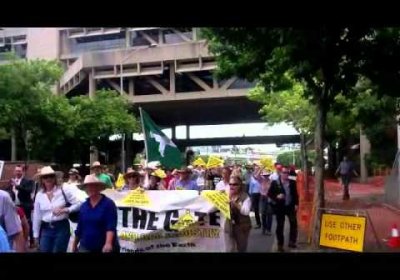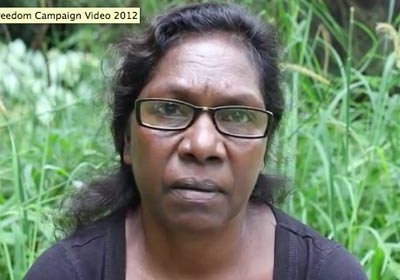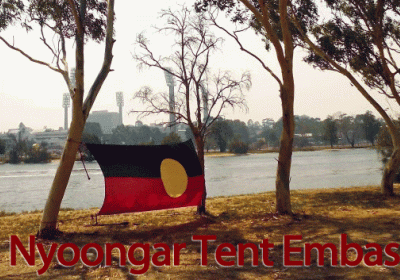Australia
Farmers and supporters marched on the Labor Party and Liberal National Party offices in Brisbane on March 12 to protest coal and coal seam gas mining in Queensland, before attending a 1000-person strong food security forum at the Brisbane Convention Centre.
New legislation introduced by the federal Labor government will entrench many aspects of the Northern Territory Emergency Response, the NT intervention, for 10 years. The Senate Community Affairs References Committee released the findings of its inquiry into the Stronger Futures in the NT Bill and related legislation on March 13. It suggests some minor amendments, but leaves the substantive content of the bill unchallenged.
An Aboriginal protest march is being planned for March 28 to take up issues such as the government’s miserly stolen wages offer and the proposed deal that would extinguish Nyoongar native title in south west Western Australia.
- Previous page
- Page 757
- Next page










